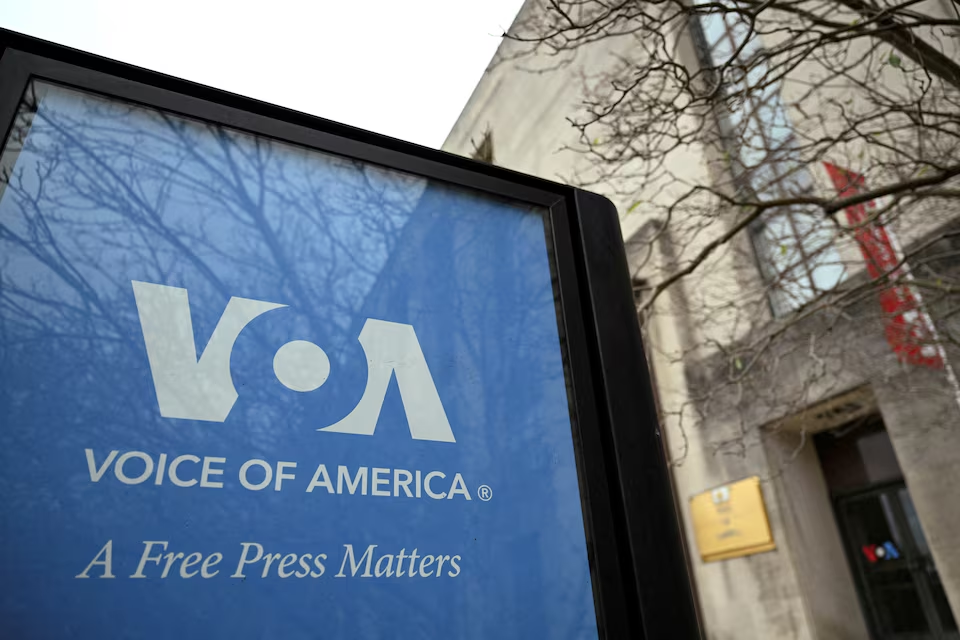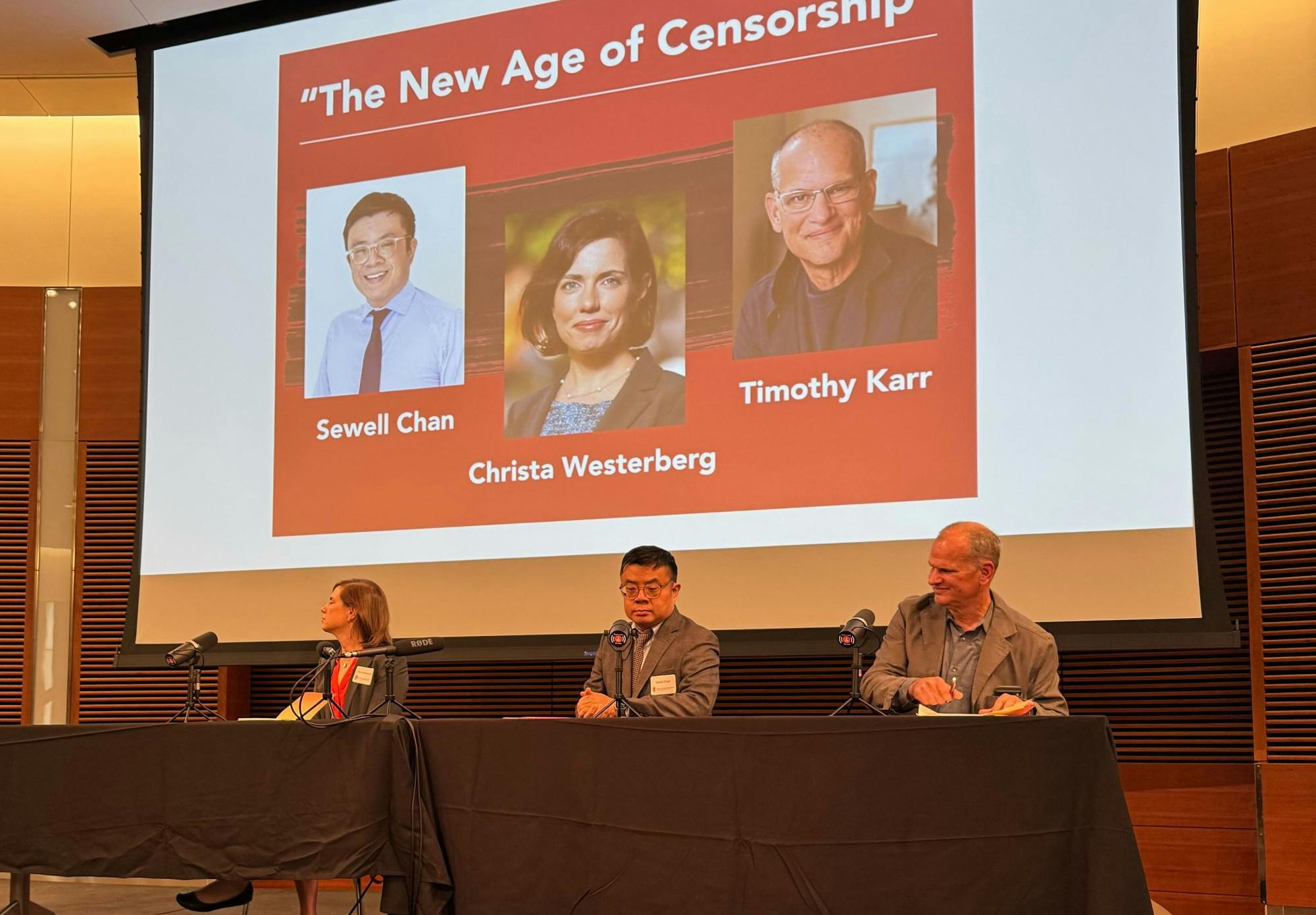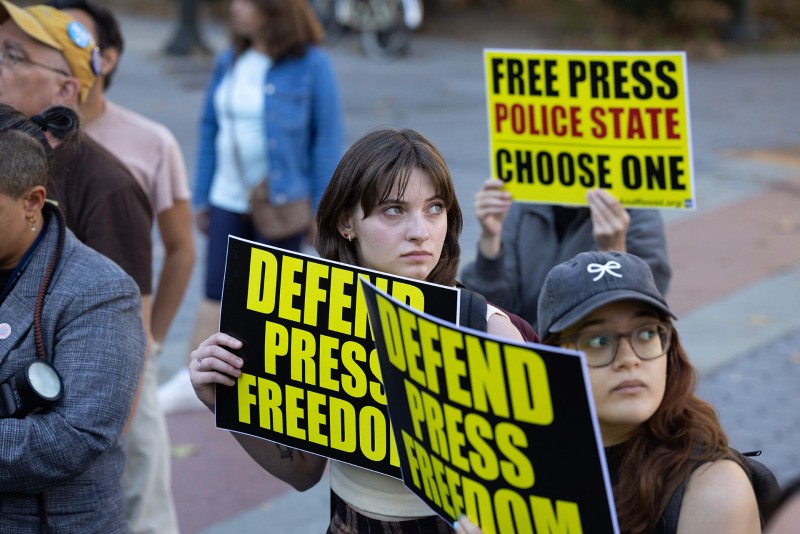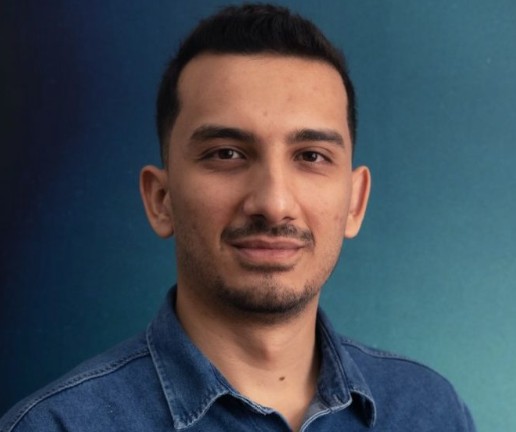
Federal Judge Pauses Trump Administration’s VOA Layoffs Amid Legal Clash
September 30, 2025
Press Freedom Groups Urge EU to Suspend Israel Trade Deal Over Journalist Killings in Gaza
September 30, 2025September 30, 2025 – General –
At the University of Wisconsin-Madison’s recent Center for Journalism Ethics conference, media professionals convened to dissect the evolving tactics of censorship in today’s information landscape.
Timothy Karr, Senior Director of Strategy and Communications at The Free Press, opened the discussion by arguing that journalism should be treated as a public good. He contended that while media owners must manage sustainable businesses and journalists must uphold truth, government intervention becomes essential when the market fails to safeguard robust reporting.
Joining the conversation, Sewell Chan, former editor of the Columbia Journalism Review, warned of subtler forms of suppression emerging in the so-called information age. Drawing on parallels with Orwell’s 1984, he cautioned that censorship now often comes through distraction or distortion, rather than overt bans.
Karr also addressed how media outlets sometimes self-censor—opting to settle legal claims or avoid confrontation rather than risk backlash—despite First Amendment protections. He criticized companies that refuse to defend free expression for voices they disagree with.
It can also emphasize the role of news consumers. He said audiences must remain discerning, especially during periods where media polarization and disinformation thrive. Journalists, he added, should lean on their strongest work to avoid providing critics with openings to undermine credibility.
The panelists urged that defending press freedom now demands both institutional courage and collective vigilance. As Chan put it, in a deeply divided society, journalists should anchor their work around truths that unite—accountability, public service, and community representation.
Reference –




